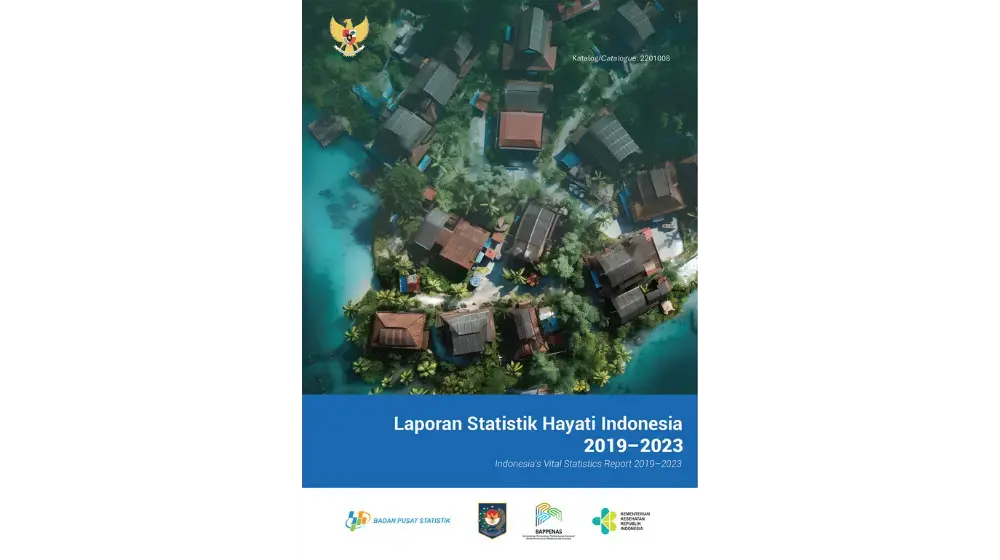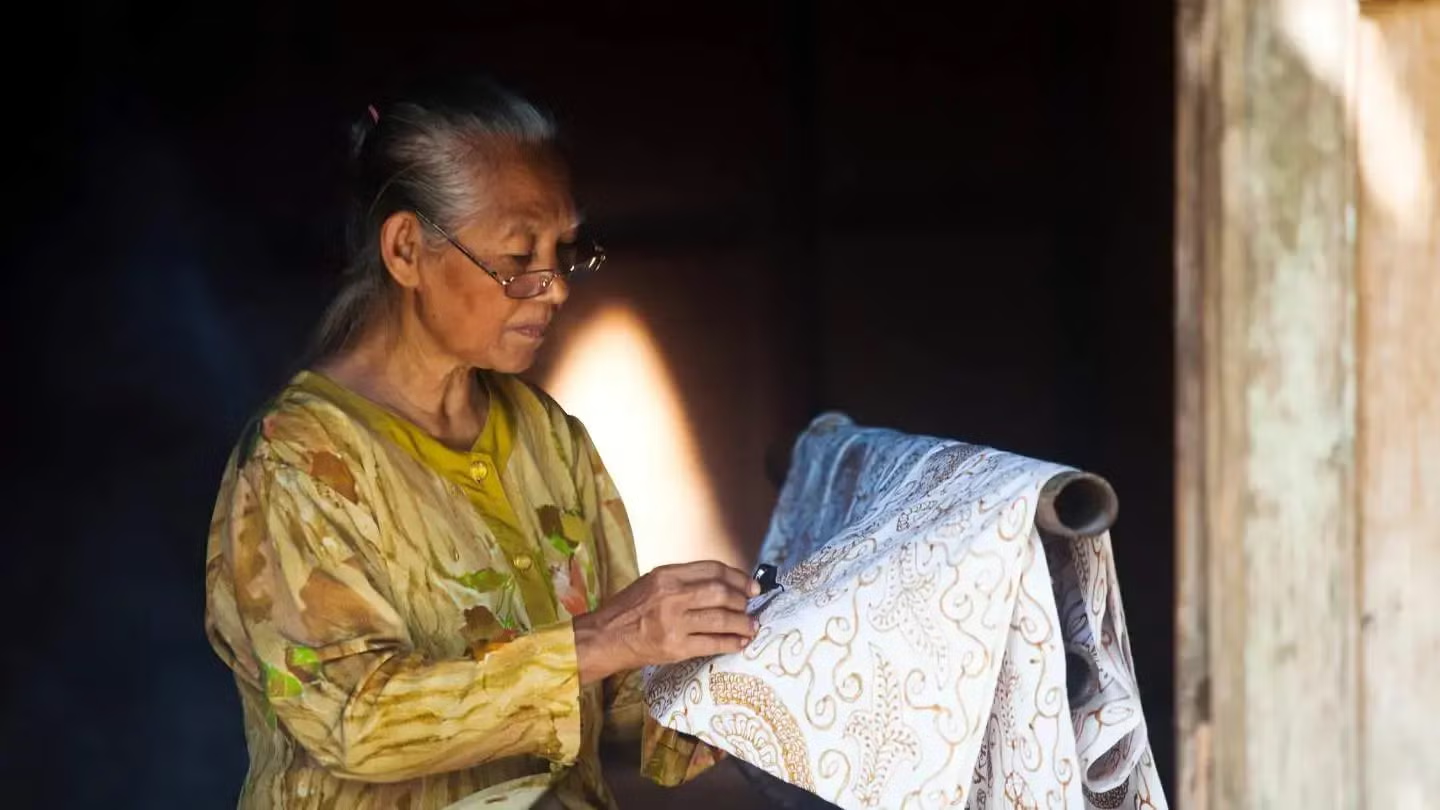Today is World Population Day — an annual event during which we highlight population issues around the world. This year, the theme is one that Indonesia can strongly relate to: “Vulnerable Populations in Emergencies”.
As Indonesia is geographically susceptible to disasters, due to its location on the Pacific Ring of Fire, the archipelago has to cope with the constant threat of earthquakes, volcanic eruptions, tsunamis and landslides.
According to the National Disaster Mitigation Agency (BNPB), 97 percent of Indonesians live in disaster-prone areas. In 2014 alone, the agency recorded a total of 1,559 disasters across the country, resulting in 490 deaths and affecting the lives of 2 million people. Thousands of people were displaced and many lost loved ones, their homes and their possessions.
While the government of Indonesia identifies vulnerable groups as children, pregnant and lactating women, people with disabilities and elderly people, the focus for this year’s World Population Day is specifically on women and young people — as their needs are often neglected in the chaos of a crisis or an emergency.
It is estimated that 25 percent of Indonesia’s affected population during emergencies are women of reproductive age. Furthermore, approximately 4 percent of the affected population will be pregnant at any given time and 15 to 20 percent of these women will develop pregnancy complications.
With statistical estimates like these, we should expect that any disaster is likely to involve pregnant or postnatal women.
If reproductive health is neglected in times of emergencies, women are put at a far greater risk of maternal and infant deaths, sexual violence, unwanted pregnancies, unsafe abortions and the spread of HIV and other sexually-transmitted diseases.
That is why the availability of reproductive health services in an emergency will saves lives.
The United Nations Population Fund (UNFPA) Indonesia has implemented a reproductive health component in its humanitarian program since 2008, with the introduction of a Minimum Initial Service Package (MISP). The aim of MISP — which has since been taken up by the Government of Indonesia as part of its national system for health emergency response — is to save lives, to react to disasters with immediacy, and to provide reproductive health care for those with priority needs.
Following the earthquake and tsunami that devastated Aceh at the end of 2004, UNFPA ensured that MISP was available to those people affected by the disaster. Since then, we have continued to support disaster relief across the country, responding to earthquakes in Yogyakarta in 2006 and Padang in 2009, floods in Jakarta in2007 and 2013, an earthquake and tsunami in Mentawai in 2010,and the eruptions of Mount Sinabung in 2013 and Kelud in 2014.
As midwives are the frontline of providing reproductive health services in Indonesia, their active participation in implementing MISP during a humanitarian emergency is essential. UNFPA continues to collaborate with the Indonesian Midwives’ Association (IBI) to integrate MISP into the midwifery school curriculum. More than 500 health workers in emergency response have now also received MISP training and logistics supplies to implement it.
UNFPA has also worked closely with the Ministry of Women’s Empowerment and Child Protection and the Ministry of Social Affairs, together with civil society partners, under our current 8th Country Program to address sexual and gender-based violence in emergencies — a vital area that must be addressed in a humanitarian response.
Creating women-friendly spaces in emergencies is important, as it provides a safe place for women to seek refuge from violence, as well as breastfeed and discuss issues of women’s rights and sexual and reproductive health in the aftermath of emergencies.
While young people and adolescents are subject to vulnerabilities in an emergency, they can also be agents of change and have the power to provide a great humanitarian contribution. Young people represent 27 percent of Indonesia’s population — with one in four aged 10 to 24. They too face threats of risky behaviour, such as unsafe sexual behaviour and drug abuse, and can often be separated from their families.
But they are characteristically dynamic and innovative and that is why they should not only be the target, but also partners of any emergency response. This is why youth engagement is necessary.
One of the critical roles UNFPA carries out, together with BNPB and the Central Statistics Agency (BPS) since 2012, is the collection of population data in a disaster. Collecting, processing and disseminating accurate data is the cornerstone of an effective emergency response.
UNFPA enhances the integration of population data within the Indonesian Disaster Information and Data (DIBI) system that supports humanitarian efforts. This provides BNPB and other users with vital information to identify total and vulnerable populations in disaster-prone areas.
While I commend the Government of Indonesia and our partners for the work that has already been done in preparation to support vulnerable populations in emergencies, there is still a lot of work to be done. We can never be too over prepared for emergencies so we need to ensure that there are sufficient supplies and that information and training is readily available.
Securing the safety, dignity and health of women and young people in emergencies needs to be a focus as it ensures the wellbeing of not only the individuals themselves, but the wellbeing of families and communities.
There should be no excuses, the life of a woman or young person is precious, under any circumstances and at all times.
___________________
The writer is the country representative for the United Nations Population Fund (UNFPA) Indonesia.




